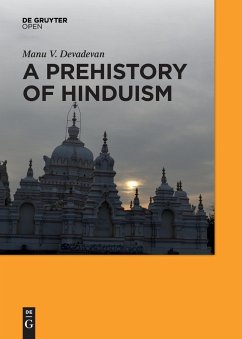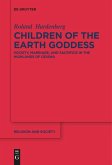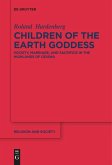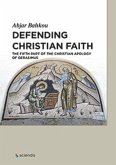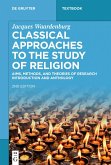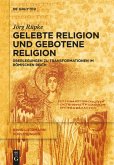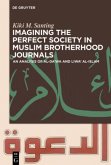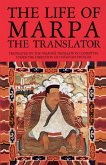This book is a pioneering attempt to understand the prehistory of Hinduism in South Asia. Exploring religious processes in the Deccan region between the eleventh and the nineteenth century with class relations as its point of focus, it throws new light on the making of religious communities, monastic institutions, legends, lineages, and the ethics that governed them. In the light of this prehistory, a compelling framework is suggested for a revision of existing perspectives on the making of Hinduism in the nineteenth and the twentieth century.
The sterile standoff between constructivists and primordialists on the question of the "invention of Hinduism" has entered a new and fertile phase with Manu Devadevan's Prehistory of Hinduism. Unlike most other analysts, the author can actually read precolonial texts--in this case, the very rich archive of Kannada materials--and thereby make real sense of the economic, social, and conceptual changes that with ever-accelerating speed in the early-modern period produced new category-thinking about religion. This new category is based, in Devadevan's analysis, at once on unprecedented developments in economy (class), society (a secular labor market), and ideology (the reified text). Hinduism as a religious community, at least in one South Asia region, was an outcome in the nineteenth century of this complex conjuncture, typified in the abolition of the peasantry and of the living saint. The Prehistory of Hinduism is an important work by a remarkable young historian that is goingto challenge the way we think about precolonial India.
Prof. Sheldon Pollock, Columbia University
This book, a scholarly achievement of the first order, offers a radically innovative history of the Western Deccan over the last eight or nine centuries. It is rich in insights generated by profound knowledge of the multi-lingual and multi-cultural worlds of medieval and early-modern Karnataka. Although it purports to be primarily a history of religion in this region, in fact it illuminates political, economic, and social life no less than the astonishing intellectual traditions in medieval Kannada, Telugu, Malayalam,Sanskrit, Tamil, and Persian. A landmark in the study of pre-modern South India.
Prof. David Dean Shulman, Hebrew University Jerusalem
Prof. Sheldon Pollock, Columbia University
This book, a scholarly achievement of the first order, offers a radically innovative history of the Western Deccan over the last eight or nine centuries. It is rich in insights generated by profound knowledge of the multi-lingual and multi-cultural worlds of medieval and early-modern Karnataka. Although it purports to be primarily a history of religion in this region, in fact it illuminates political, economic, and social life no less than the astonishing intellectual traditions in medieval Kannada, Telugu, Malayalam,Sanskrit, Tamil, and Persian. A landmark in the study of pre-modern South India.
Prof. David Dean Shulman, Hebrew University Jerusalem

